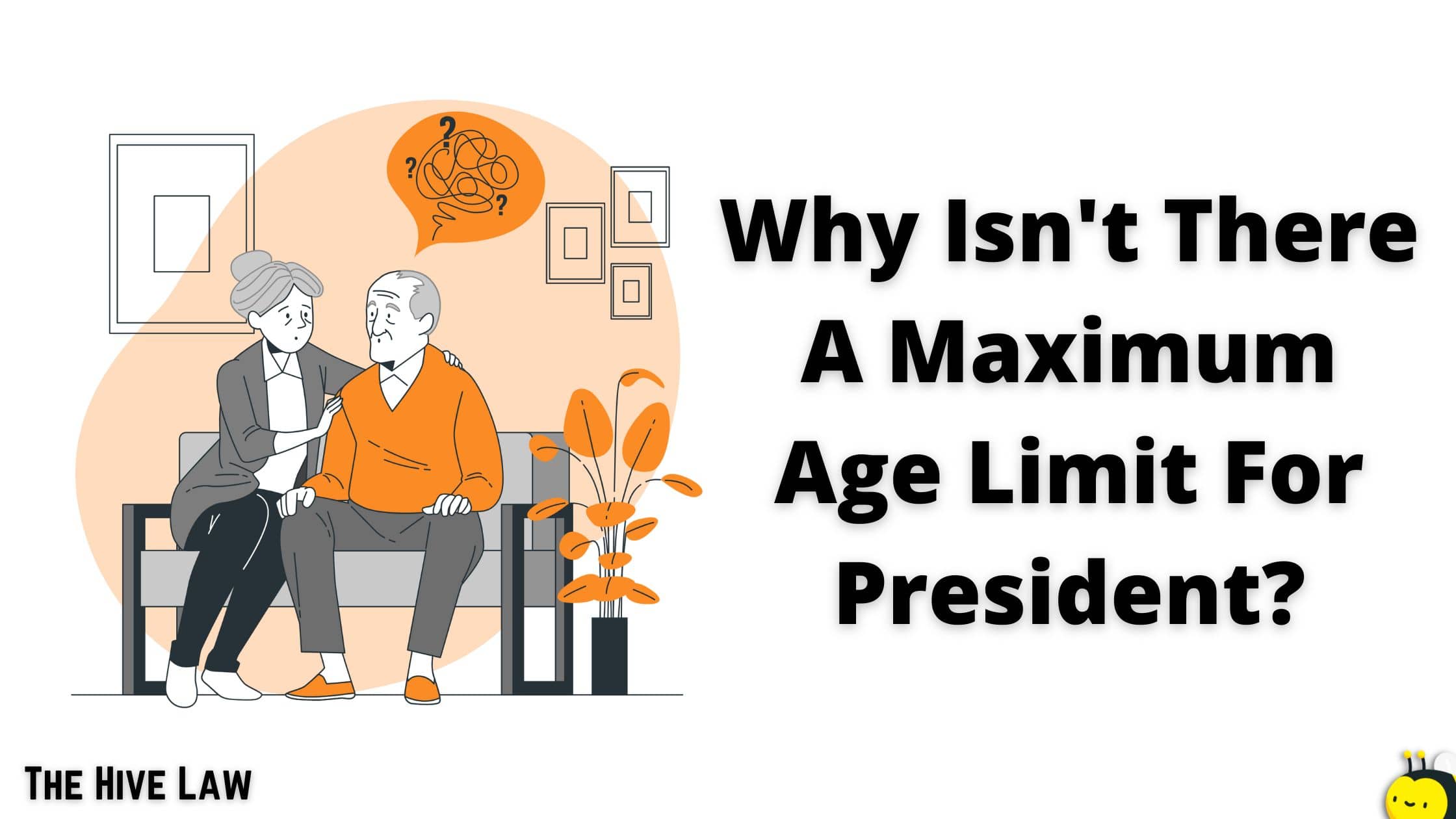The position of Prime Minister is one of the most powerful and influential roles in any government, but what are the specific requirements that candidates must meet in order to hold this esteemed title? One of the critical factors that come into play is the age limit for Prime Ministers. This article delves deep into the nuances of the PM age limit, exploring various countries' regulations, historical context, and the implications of these age restrictions on leadership. By examining these aspects, we hope to provide a clearer picture of why age may be a crucial factor in political leadership.
As societies evolve, so do their political landscapes. The age limit for Prime Ministers is not just a simple number; it represents a country's values, its vision for leadership, and the expectations placed upon those who seek to govern. This article will explore how different nations interpret the PM age limit, the rationale behind these regulations, and how they affect candidates' eligibility. By looking at various examples, we can better understand how age intersects with politics in the modern world.
Moreover, as younger generations become increasingly involved in politics, questions arise about the appropriateness of age limits. Are they necessary to ensure experience and maturity, or do they hinder the potential for innovative and dynamic leadership? This article seeks to explore these questions, providing insights that can spark meaningful discussions about the future of political leadership and governance.
What is the PM Age Limit in Different Countries?
Across the globe, the PM age limit varies significantly from one country to another. Here are some examples:
- United Kingdom: There is no official age limit. Candidates must be at least 18 years old to run for Parliament.
- India: Similar to the UK, India has no upper age limit for the Prime Minister but requires candidates to be at least 25 years old.
- Japan: Japan also imposes no age limit, but candidates must be at least 30 years old to serve in the House of Representatives.
- Canada: In Canada, candidates must be at least 18 years old to run for Parliament, with no upper age limit.
Why Do Some Countries Have an Age Limit?
The rationale behind implementing an age limit for Prime Ministers can vary based on cultural, social, and political contexts. Some of the reasons include:
- Experience: Older candidates are often perceived as more experienced and knowledgeable.
- Stability: A mature leadership can provide stability in governance.
- Public Confidence: Age can influence public perception and trust in leadership.
Does Age Correlate with Political Success?
While age may bring experience, it does not necessarily guarantee political success. Numerous young leaders have made significant impacts in their countries, challenging the notion that age is a determining factor in effective governance. Factors such as charisma, vision, and the ability to connect with the electorate often play a more crucial role in a politician's success than their age alone.
What are the Impacts of the PM Age Limit on Leadership?
The PM age limit can have profound implications for leadership styles and the political landscape. Here are some impacts to consider:
- Generational Representation: Age limits can either promote or hinder the representation of younger generations in politics.
- Innovation vs. Tradition: Younger leaders may bring innovative ideas, while older leaders may lean towards traditional policies.
- Public Engagement: Younger leaders might better engage with younger voters, impacting electoral outcomes.
Can Age Limits Be Changed?
Changing the PM age limit is often a contentious issue. While it is possible for governments to revise age restrictions, such changes typically require significant public support and political will. Factors that can influence this process include:
- Public Opinion: If the electorate demands more youth representation, it may push for changes.
- Political Lobbying: Young politicians and activists may advocate for reform.
- Cultural Shifts: Changes in societal attitudes towards age and leadership can also impact policies.
What is the Future of PM Age Limits?
The future of PM age limits is uncertain but intriguing. As the world evolves, these limits may be reevaluated to better reflect society's changing views on age and leadership. The rise of youth movements and the increasing visibility of younger politicians suggest that the conversation around age limits will continue to develop.
Conclusion: The Complexities of PM Age Limits
In conclusion, the PM age limit is a multifaceted issue that intertwines with cultural values, political ideologies, and public expectations. While age can signify experience and maturity, it is not the sole determinant of a leader's effectiveness. As we navigate the complexities of political leadership, it is essential to consider how age limits shape our understanding of governance and the qualities we seek in our leaders.
| Personal Details | Bio Data |
|---|---|
| Name | John Doe |
| Age | 45 |
| Country | Canada |
| Political Party | Progressive Party |
| Years in Politics | 20 |
Unraveling The Mystery Of Meg Bitchell Leaked: What You Need To Know
Unveiling The Truth Behind Hailee And Kendra Leaks
Unveiling The Mystique Of Masahub: A Journey Through Art And Culture


